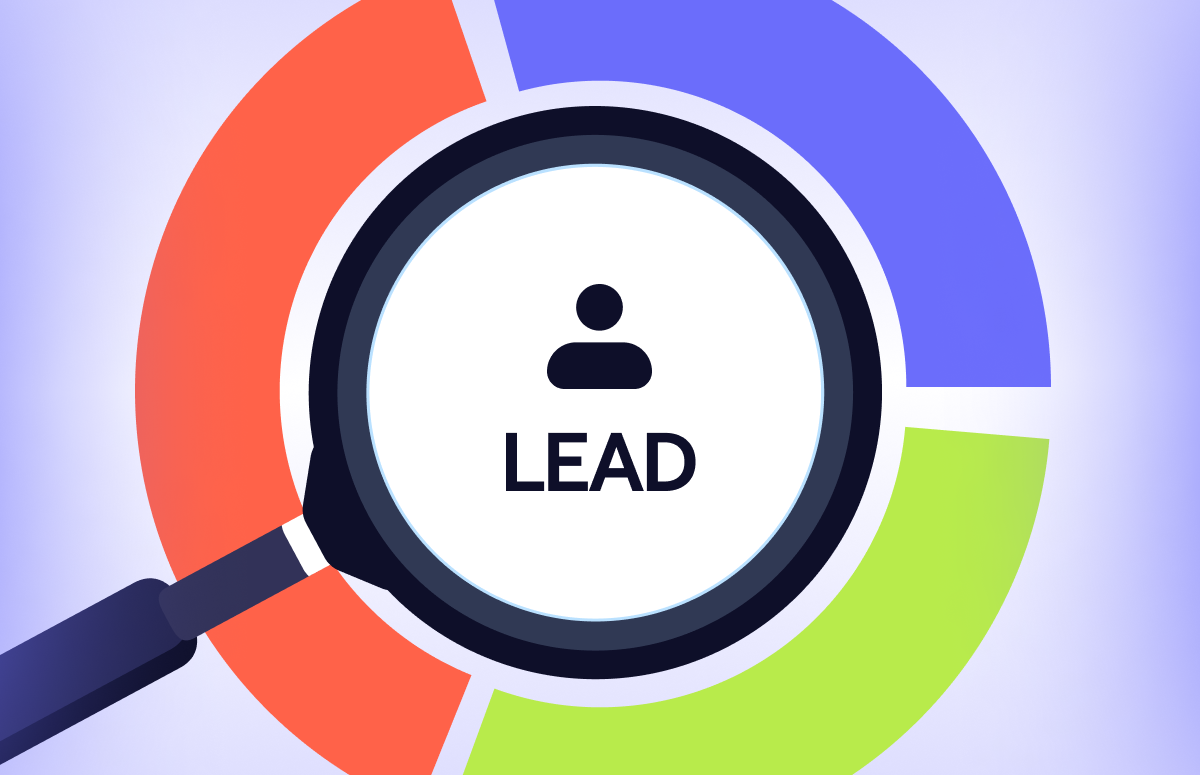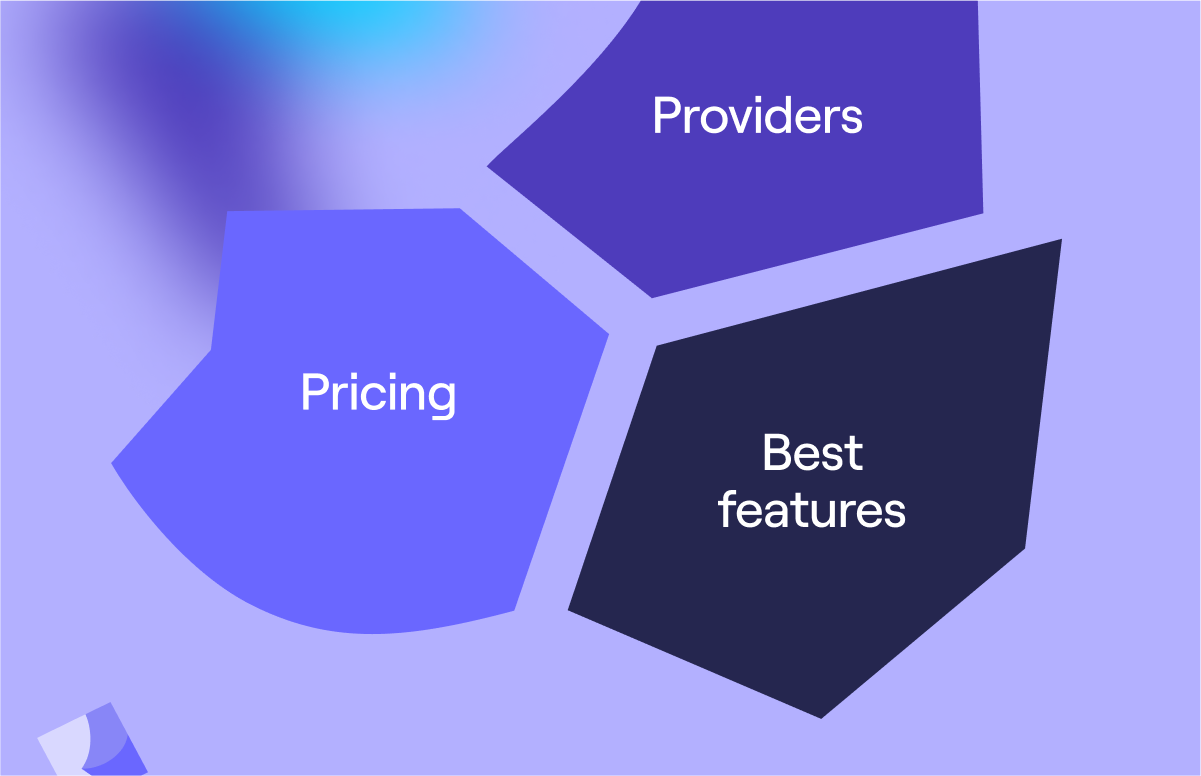Outbound Cold Calling: What It is and How to Do It Right
Are you a sales rep ready to smash any target put in front of you?
The secret behind every successful SDR is mastering outbound cold calling. Many salespeople are nervous about picking up the phone and pitching to a stranger, but it’s the most powerful B2B prospecting tool out there when you get it right.
In this article, we explore:
- The different types of outbound calls.
- The difference between outbound calling vs cold calling.
- The top strategies for outbound sales calls.
Let’s begin 👇
What is outbound cold calling?
Outbound calling is a term used to describe calls initiated by a business or sales team. Cold calling is a type of outbound calling where a sales representative reaches out to potential customers who may or may not be interested in your product or service.
Other types of outbound calls are:
- Lead generation - Outbound calls determine if a prospect is a qualified lead by asking questions and gathering information. Depending on whether the prospect has expressed interest, they can be cold or warm.
- Booking a meeting - Appointment setting is when an SDR calls a prospect to book a meeting. Chances are they have already touched base before, so this wouldn’t count as a cold call. In fact, 27% of sales teams consider the phone as the best single channel to book meetings!
- Follow-up calls - When a potential buyer expresses interest in your product or service by executing an action such as filling in a form or signing up for a webinar or newsletter, SDRs need to follow up. Sales follow-ups are done via inbound cold calling and are a great way to nurture relationships.
Is there a difference between outbound calling vs cold calling?
Yes, there’s a difference between outbound calls and cold calls.
Let’s break it down:
Outbound calling means your sales team is taking the initiative and making the first move. This typically involves cold calling, a sales strategy where reps reach out to potential customers.
However, cold calling is only one of many forms of outbound lead generation. You can also attract cold leads through cold emails, content marketing, and paid ads.
Then you get warm calling. Warm calls are a form of outbound prospecting where a lead shows intent or has expressed interest in a product or service your company offers.
You’ll know a lead is hot when they’ve engaged with your company several times across social media, signed up to your mailing list and attended webinars. They might also be a prospect you've called before, and they requested you call them back at a later.
And if you think outbound cold calling is outdated for SaaS sales. Think again!
54% of technology buyers prefer being contacted by cold call, compared to 40% of buyers in financial services and 50% of purchasing decision-makers in professional services. (Rain Group)
Outbound cold calling strategies and tips!
So, how do you achieve out-of-this-world success rates with outbound cold calling?
1. Research your prospect
Before you pick up the phone, know who you’re calling.
Research the prospect and their company during your LinkedIn prospecting.
Take in as much information as you can about them.
Look for a connection or a possible angle you can use in your pitch and when the best time to cold call is.
After that, it’s time to get dialling. On your call, you must first provide a strong opening line and ask for the prospect’s permission to continue. This shows that you’re empathetic and respectful of their time.
Once you’ve got permission, it’s time to go into your sales pitch. This part should be no more than 30 seconds long.
2. Ask questions
The best approach is to list the prospect’s pain points as you see them.
Ask the prospect if they recognise them.
If they say ‘yes’, ask for more information. The more info you have, the more successful your cold outreach will be.
Asking questions creates a back-and-forth dialogue and helps you build rapport. However, your questions must get to the heart of the matter.
Every question you ask must identify a pain point - for example, ‘How much time do you spend finding new business?’
Watch this video on the techniques and strategies for activating leads on live outbound cold calls 👇
3. Offer solutions
Once you’ve identified the pain, you can position your product as the solution.
Another example:
If the lead prospect mentions that they use Salesforce, you can say, ‘We integrate with Salesforce.’ Then, you can show them how your solution can impact their existing process.
💡Tip! If you come across objections, these three articles can help you get unstuck:
- Tips for objection handling.
- Examples of common sales objections.
- How to respond to cold calling objections.
4. Make an assumptive close
After you’ve sowed the seed in your prospect’s mind that your product can answer their problems, it’s time to take it to the next level.
Make an assumptive close to your call.
If your goal is to get your prospect to book a time for a B2B sales demo, make it clear that they will see more value from seeing the product in action rather than having you explain it to them over the phone.
Then, ask them, ‘Do you have time to see it?’
5. Do your admin
You’ve booked your demo, and you’ve ended the call. Well done! However, it’s not time to strut around your office high-fiving your colleagues - it’s time to do your admin!
Log your demo notes in your CRM straight away. Make them as detailed as you can - every piece of information could be useful in the future.
You must also follow through on anything you agree to with your prospect. If you agree to send them an invite, do it immediately. That’s how you turn prospects into clients.
Then you can do some high-fiving!
Bonus tips
Here are some outbound cold calling tips from the top sales professionals at Cognism:
- Take handwritten notes during your cold call. You won’t remember everything, and you’ll need all that information for the rest of the sales process. You can also refer to your notes during your outbound call if you need to.
- Record your cold calls and listen back to them. You might discover a nugget of information you missed at the time. It will also help you refine your outbound sales technique.
- Use your mobile to make cold calls. Connection rates are often higher from mobiles. (Cognism offers the best mobile phone number coverage in the US (2x more than other providers😉)).
💡You might also find value in these articles on how to get past the gatekeeper and lead generation strategies that work.
The secret to outbound cold calling success
Outbound calls require quality, compliant B2B data to be successful - Cognism has just that!
With us, you get:
- AI-tailored insights delivered daily to your reps.
- Phone-verified mobile number accuracy to help you connect with 87% of your list.
- Unrestricted access to person and company-level data*.
- International coverage: EMEA, NAM, APAC.
- Focus on quality GDPR and CCPA-compliant data.
Book a call with a data expert to discuss a package to help your team thrive. Click the banner 👇
/CTAs%20(SEO)/data-eu-cta.webp?width=672&height=257&name=data-eu-cta.webp)


/Cold%20calling%20strategy/cold-calling-strategy-card.webp)